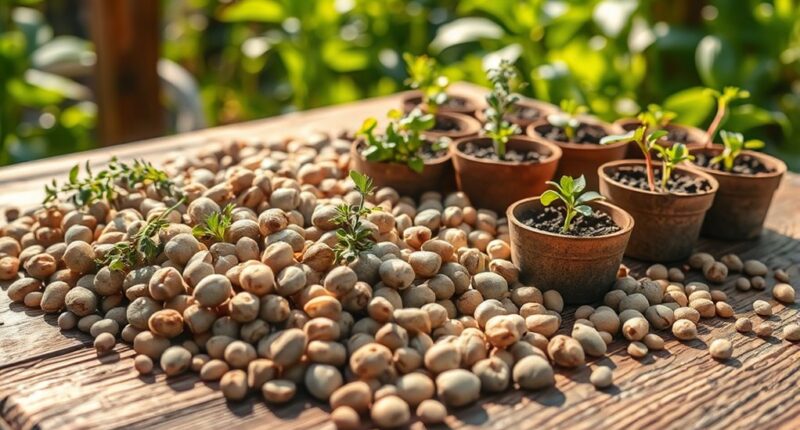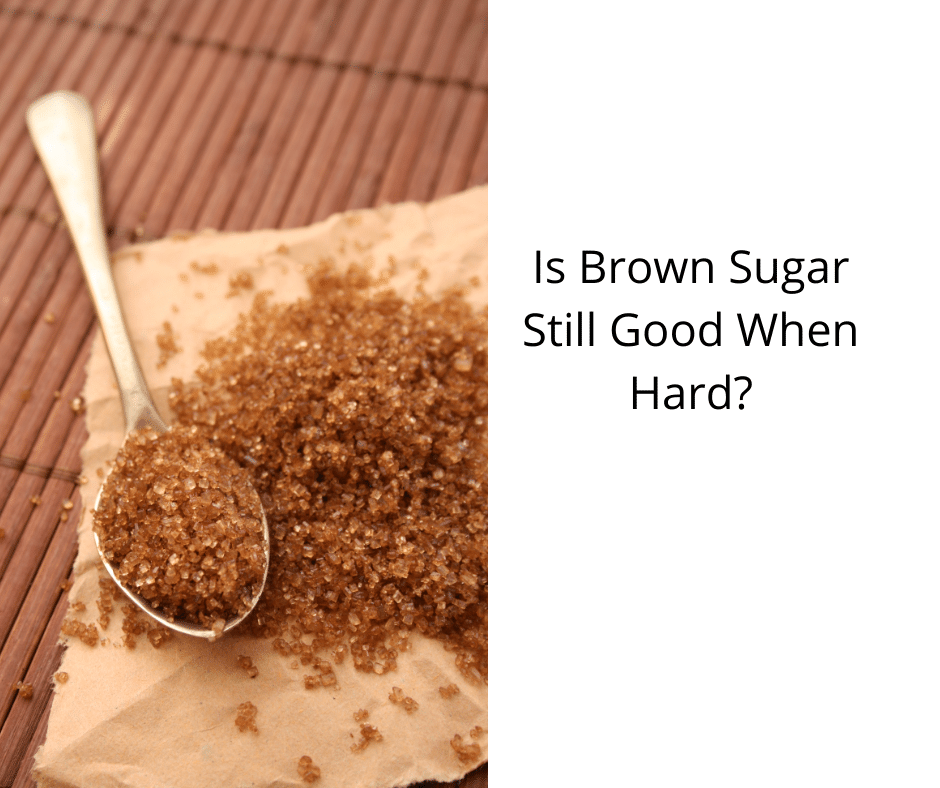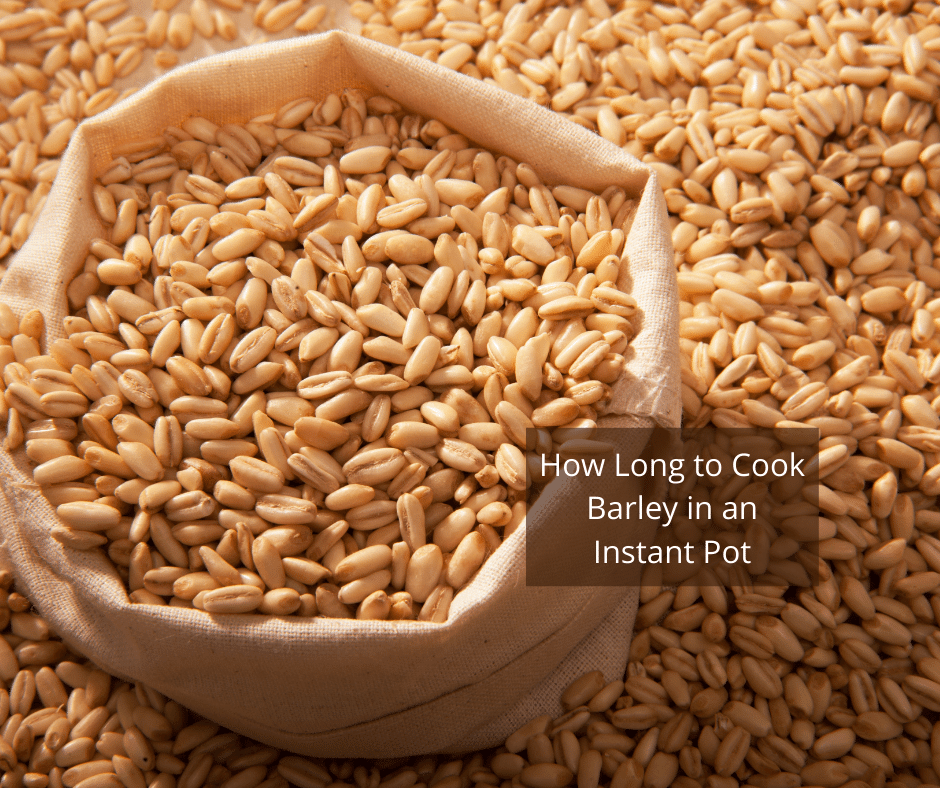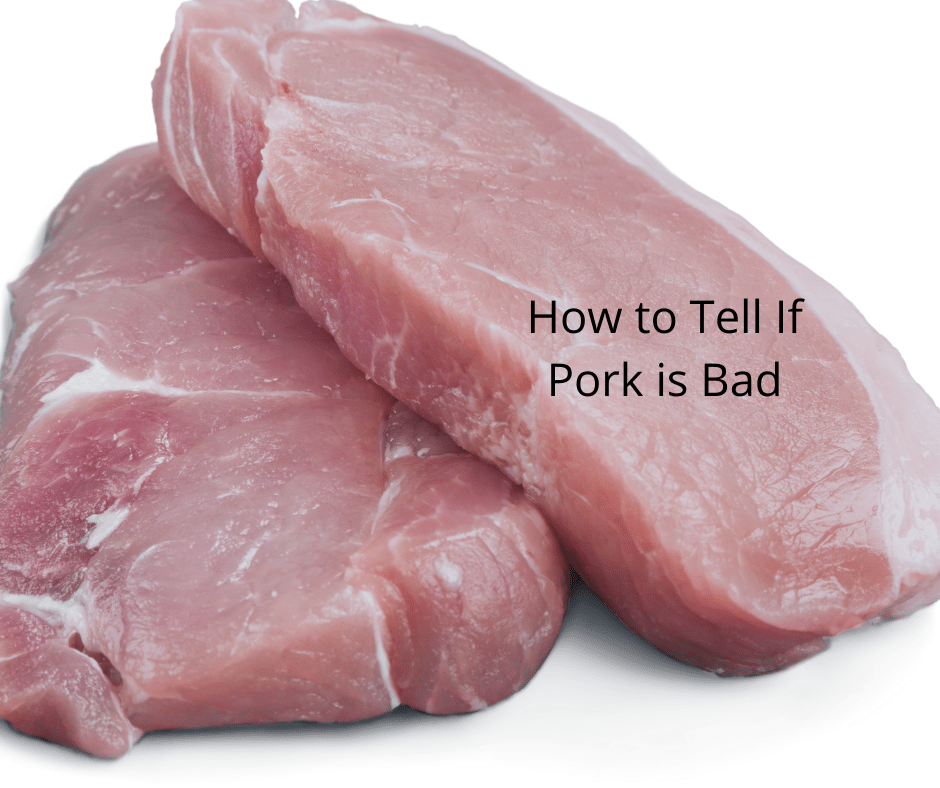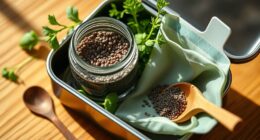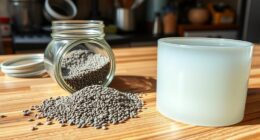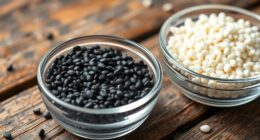To start with organic and biodynamic seeds, choose non-GMO, untreated seeds from reputable sources dedicated to sustainability. Opt for heirloom varieties suited to your climate and soil, which boost diversity and flavor. Prepare healthy soil by testing and enriching it with compost or natural amendments, avoiding chemicals. Focusing on proper seed selection and soil health creates a strong foundation for thriving plants. Keep exploring to discover more tips for a successful, eco-friendly garden.
Key Takeaways
- Choose non-GMO, untreated seeds from reputable sources committed to sustainability.
- Prioritize organic or biodynamic seeds labeled to meet strict standards.
- Select seeds suited to your climate, soil, and garden purpose for better growth.
- Understand the importance of soil preparation and natural amendments to support seedling success.
- Focus on building healthy, microbial-rich soil to enhance seed germination and plant vitality.
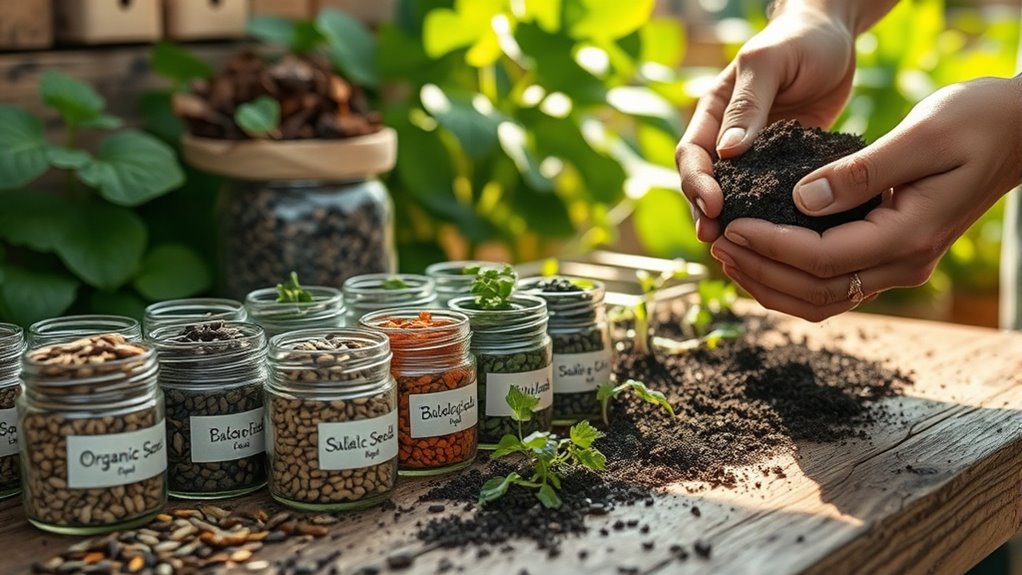
Starting your gardening journey with organic and biodynamic seeds can set the foundation for a healthier, more sustainable garden. The first step is understanding how essential seed selection is. Not all seeds are created equal, especially when aiming for organic and biodynamic practices. You want seeds that are non-GMO, untreated, and sourced from reputable suppliers committed to sustainable farming. These seeds are often labeled as organic or biodynamic, ensuring they meet strict standards and haven’t been exposed to synthetic chemicals or pesticides. Choosing the right seeds for your climate and soil conditions will give your plants a better chance to thrive. Consider heirloom varieties for genetic diversity and flavor, or select hardy cultivars known to grow well in your region. When selecting seeds, also think about your garden’s purpose and your personal preferences, whether it’s fresh vegetables, herbs, or flowers.
Once you’ve picked the right seeds, it’s time to focus on soil preparation. Healthy soil is the backbone of organic and biodynamic gardening. Before planting, assess your soil’s current condition—test its pH, texture, and nutrient levels. Organic soil preparation begins with enriching your soil with natural amendments like compost, manure, or cover crops, which boost fertility and microbial activity. Biodynamic gardening takes this a step further by incorporating preparations like horn manure or horn silica, which are believed to enhance soil vitality. Additionally, understanding the importance of seed selection can significantly influence your garden’s success, especially when choosing seeds suited for organic and biodynamic methods. Avoid synthetic fertilizers and pesticides, as they can disrupt the natural balance you’re trying to cultivate. Instead, focus on building a rich, living soil that promotes plant health and resilience. Loosen the soil to improve aeration and drainage, ensuring roots can grow freely. Incorporate organic matter thoroughly to create a nutrient-dense environment that supports healthy seed germination and vigorous plant growth.
Frequently Asked Questions
How Do Organic and Biodynamic Seeds Differ From Conventional Seeds?
You might wonder how organic and biodynamic seeds differ from conventional ones. These seeds prioritize seed purity, meaning they’re less likely to contain chemicals or genetically modified traits. You’ll notice that organic and biodynamic farming practices focus on sustainability and natural methods, avoiding synthetic fertilizers and pesticides. This approach helps guarantee healthier soil and plants, giving you better quality seeds that support eco-friendly farming and produce more nutritious crops.
Can I Start Organic Seeds Indoors Easily?
Imagine planting a tiny hope inside your home’s greenhouse. Starting organic seeds indoors is quite manageable; you just need a sunny windowsill or grow lights for seed starting. Use quality organic soil, keep it moist, and give your seeds time to sprout. This indoor gardening journey transforms your space into a nurturing cradle, making organic seed starting a rewarding experience that brings fresh growth right to your doorstep.
Are Biodynamic Seeds More Expensive Than Organic Seeds?
Biodynamic seeds often cost more than standard organic seeds, mainly due to their specialized cultivation methods and certification process. When you do a seed price comparison, you’ll notice a price difference reflecting these extra efforts. In your farming cost analysis, consider that higher seed prices might be offset by potentially better soil health and crop yields. Overall, biodynamic seeds tend to be a more premium investment for your garden.
What Are the Best Storage Methods for Organic Seeds?
To guarantee seed preservation, you should store your organic seeds in airtight storage containers like glass jars or plastic bins. Keep them in a cool, dark, and dry place, such as a pantry or cellar, to prevent moisture and temperature fluctuations. Label your containers clearly, and consider adding desiccant packets to absorb excess moisture. Proper storage helps maintain seed viability and ensures successful germination in your next planting season.
Do Organic and Biodynamic Seeds Require Special Planting Techniques?
Imagine you’re planting organic seeds like a small farm, where seed treatment becomes essential. You should pay attention to planting depth, ensuring it matches the seed type for ideal growth. Organic and biodynamic seeds often benefit from gentle seed treatment methods, like soaking or coating with natural substances, to boost germination. These techniques help you achieve healthy plants, emphasizing nurturing practices that respect seed integrity and promote sustainable growth.
Conclusion
So, now that you’re armed with the “secret” world of organic and biodynamic seeds, go ahead and pretend you’re a master gardener. Just remember, all that fancy talk about soil importance and lunar phases is totally necessary—because who doesn’t want their carrots to grow in perfect harmony with the universe? Happy planting! And don’t forget, if your garden doesn’t thrive, you can always blame it on those “advanced” seeds you chose.
